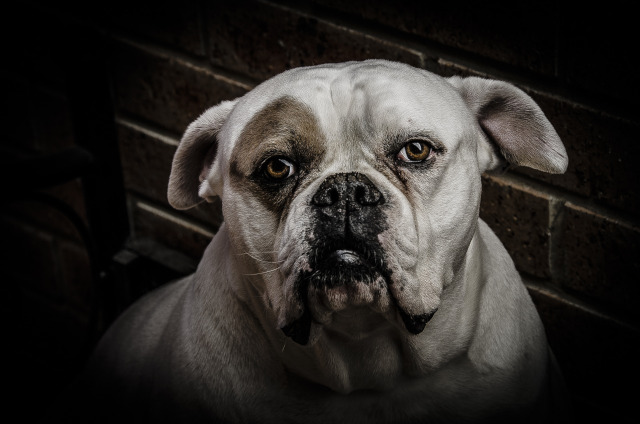Caring for an aging dog
As your dog ages, they may require different care and attention than they did when they were younger. For example, they may have different nutritional needs and may be more prone to certain health problems. It is important to consult with your veterinarian to determine the best course of action for your senior dog’s care.
Jan 03, 2023

Here are a few tips on how to care for a senior dog:
- Adjust their diet: As dogs get older, their nutritional needs may change. They may require a different balance of nutrients or may have difficulty digesting certain types of food. Consult with your veterinarian to determine the best diet for your senior dog.
- Provide necessary medical care: Senior dogs may be more prone to certain health problems, such as arthritis, dental issues, and kidney disease. It is important to keep up with regular check-ups and screenings to identify and address any health concerns.
- Maintain their mental and physical well-being: Senior dogs may have less energy and may not be as active as they once were. However, it is still important to provide them with regular exercise and mental stimulation to keep them healthy and happy. This could include walks, playtime, and interactive toys.
- Make adjustments to their living environment: As dogs get older, they may have difficulty with stairs, jumping on furniture, or other physical activities. It may be necessary to make adjustments to their living environment to make it more comfortable and accessible.
- Show them extra love and attention: Senior dogs may need more attention and care than they did when they were younger. Be sure to give your senior dog plenty of love, affection, and attention to help them feel loved and valued.
In a nutshell, caring for a senior dog requires some special attention and adjustments. By providing them with the right diet, necessary medical care, mental and physical stimulation, a comfortable living environment, and extra love and attention, you can help your senior dog live a happy and healthy life.